Bacteria-Inspired Nanopores Mimic Brain-Like Learning Abilities

Multi-Source Journalism
This article synthesizes reporting from multiple credible news sources to provide comprehensive, balanced coverage.

Multi-Source Journalism
This article synthesizes reporting from multiple credible news sources to provide comprehensive, balanced coverage.
Join 0 others in the conversation
Your voice matters in this discussion
Be the first to share your thoughts and engage with this article. Your perspective matters!
Discover more articles
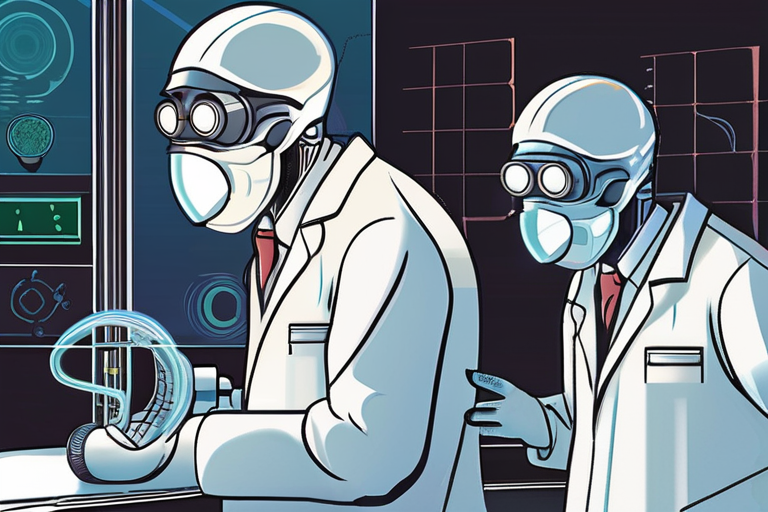
Scientists are harnessing unconventional research to develop groundbreaking innovations, including lab-grown brain organoids that could replace animal testing, spider-silk gloves for instant wound dressings, and edible coatings made from wolf apple s
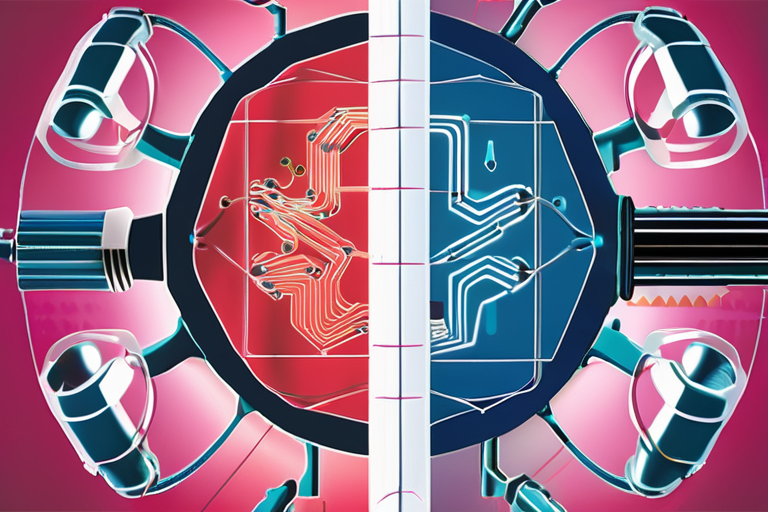
Researchers at Johns Hopkins Medicine have discovered tiny nanotube channels within brain cells that play a crucial role in transferring toxic molecules, including amyloid-beta proteins linked to Alzheimer's disease. The study found that an overabund
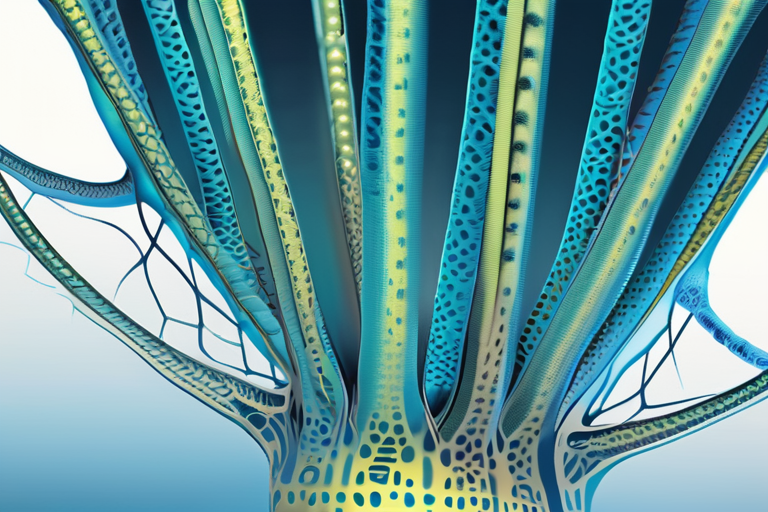
Scientists at New York University have made a groundbreaking discovery, enabling artificial neurons to directly communicate with living cells for the first time. This achievement utilizes bacterial nanowires to create memristors that can operate at c

Researchers at the University of Colorado at Boulder have developed a new modeling approach to recreate Turing patterns, a phenomenon observed in nature where complex, irregular patterns emerge, such as zebra stripes or leopard spots. By introducing
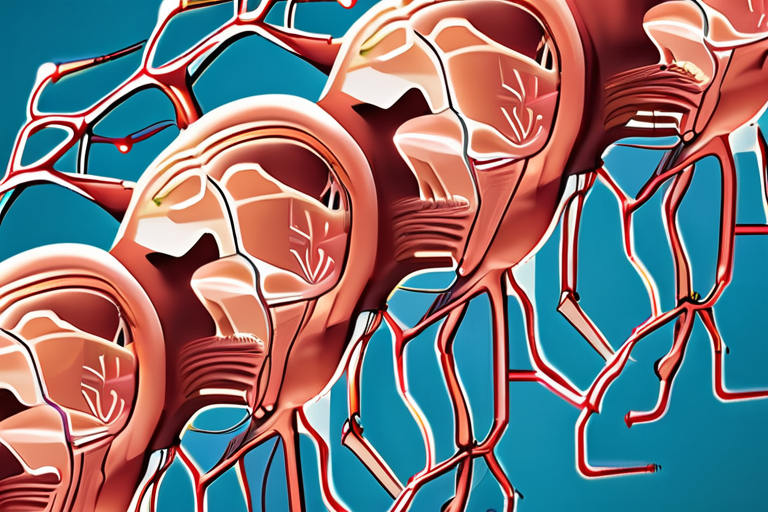
Scientists have created an artificial neuron that mimics key functions of its biological counterpart, paving the way for the development of compact, energy-efficient computers inspired by the human brain. This breakthrough could lead to significant a

Researchers at Stanford University and the Arc Institute have successfully designed viruses with artificial intelligence (AI), using a genetic code composed by the AI to create working genomes that can replicate and kill bacteria. This breakthrough m

Scientists are transforming unconventional research into groundbreaking innovations, with recent breakthroughs potentially revolutionizing health and sustainability. Lab-grown mini-brains may replace animal testing, while spider-inspired gloves and w
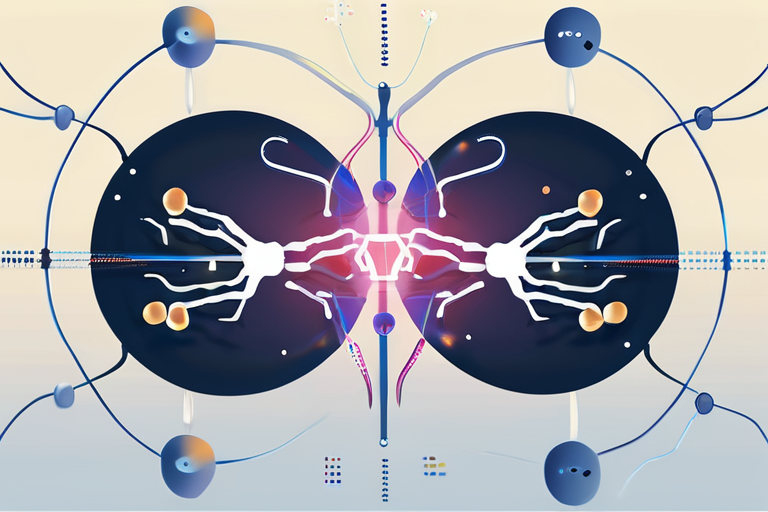
Scientists at New York University have successfully enabled artificial neurons to communicate directly with living cells for the first time, using bacterial nanowires to create memristors that can operate at cellular voltages. This breakthrough, repo
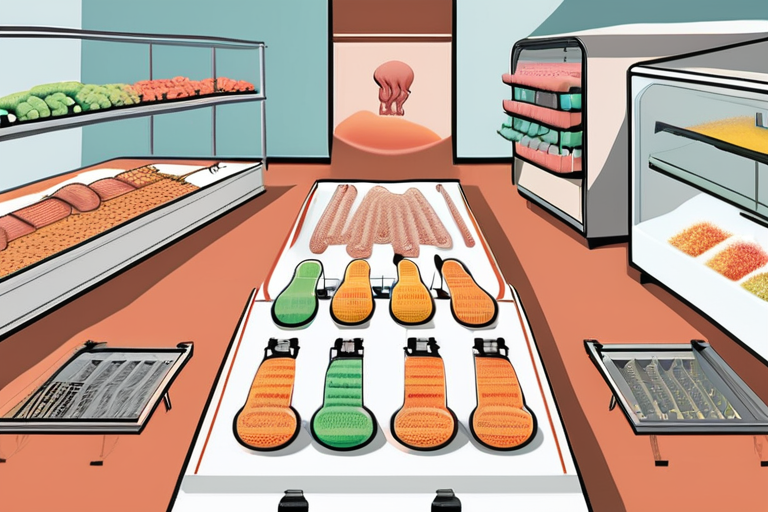
Stanford researchers have made a groundbreaking breakthrough in growing mini human brains by using a common food additive to prevent them from sticking together, enabling mass production of thousands of identical brain organoids at once. This scalabl

Google has achieved a significant quantum computing milestone, utilizing its Willow chip to perform calculations 13,000 times faster than conventional computers, with direct applications in predicting chemical structures for drug discovery and materi
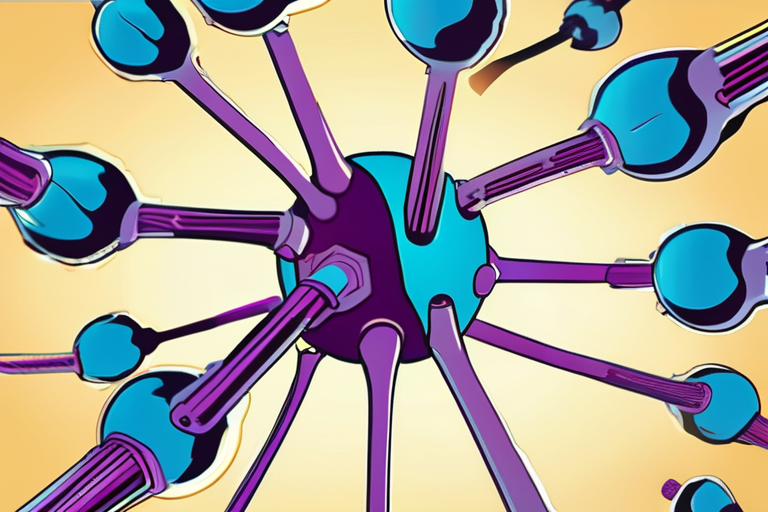
Scientists at New York University have made a groundbreaking discovery, enabling artificial neurons to directly communicate with living cells for the first time. This achievement, reported by multiple news sources including BiomedicalSemiconductorsNe
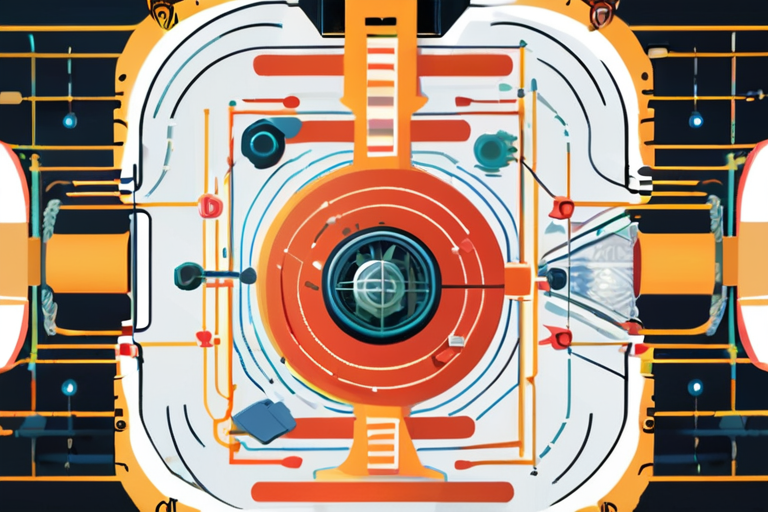
Quantum technology, a rapidly advancing field of physics, may surpass the impact of artificial intelligence in the future, according to recent breakthroughs from tech giants like Microsoft and Google. This potential shift is fueled by the unique capa
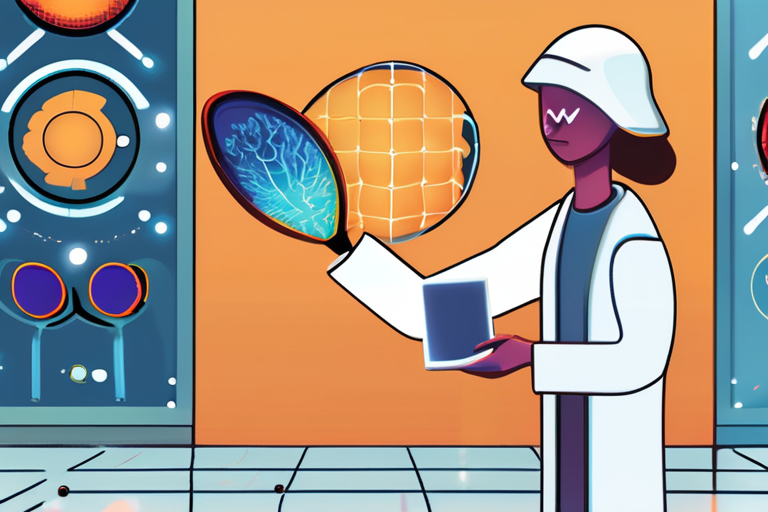
Researchers have developed a cutting-edge AI model that can predict the appearance of cells before conducting experiments, potentially revolutionizing the field of biology and accelerating the discovery of new drugs. By leveraging generative AI techn
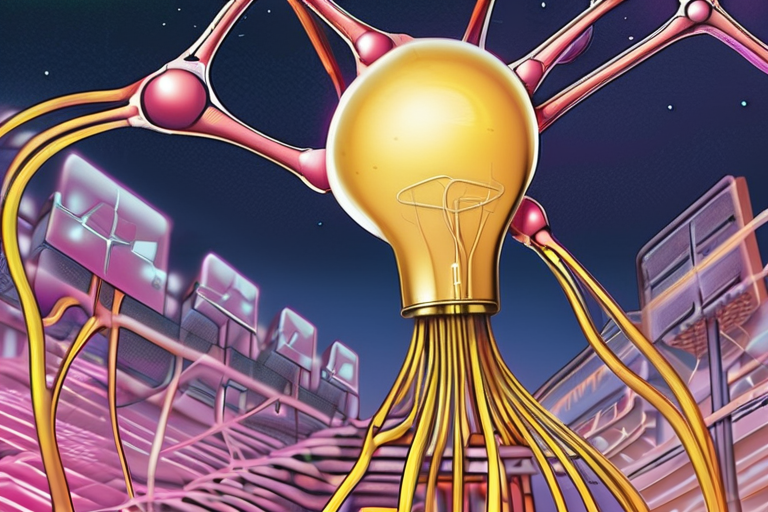
Scientists have developed an artificial neuron that mimics the functions of a biological neuron, paving the way for the creation of compact, energy-efficient computers inspired by the human brain. This breakthrough could lead to significant advanceme

Scientists have developed an artificial neuron that mimics the functions of biological neurons, a breakthrough that could lead to the creation of compact, energy-efficient computers inspired by the human brain. This innovation has significant implica
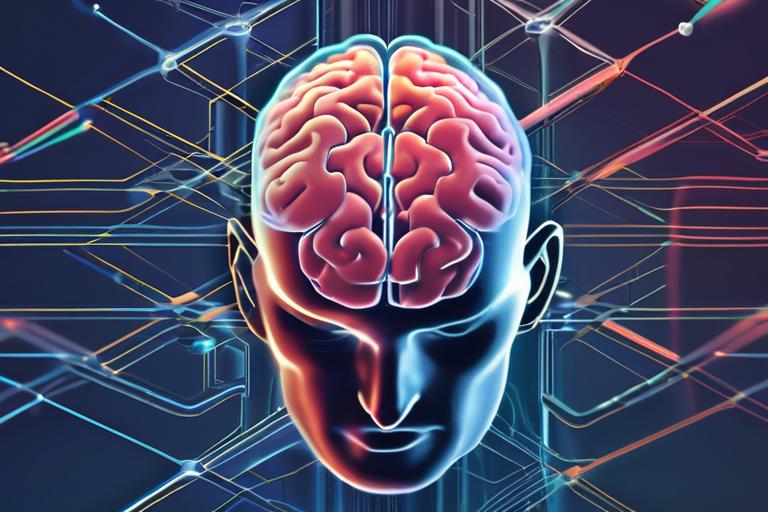
Scientists have created an artificial neuron that mimics key functions of biological neurons, paving the way for the development of compact, energy-efficient computers inspired by the human brain. This breakthrough could have significant implications
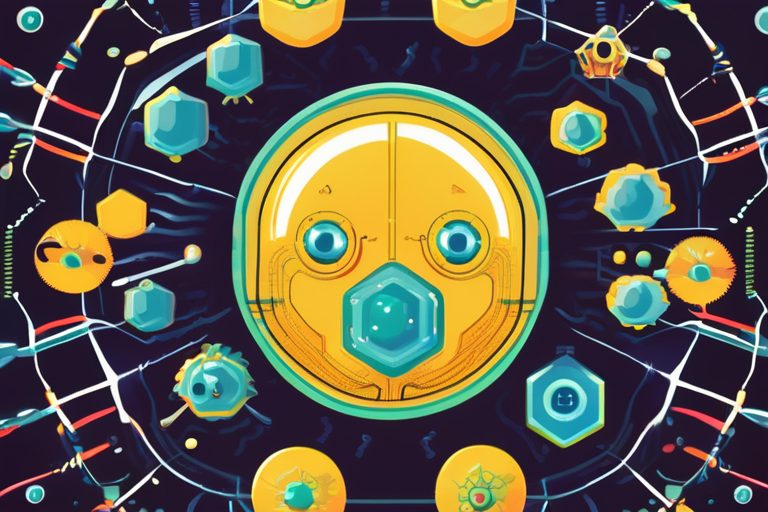
Here is a brief 2-3 sentence summary that captures the key newsworthy elements: Researchers have successfully used artificial intelligence (AI) to design and create working viruses, which can replicate and kill bacteria, raising concerns about the p
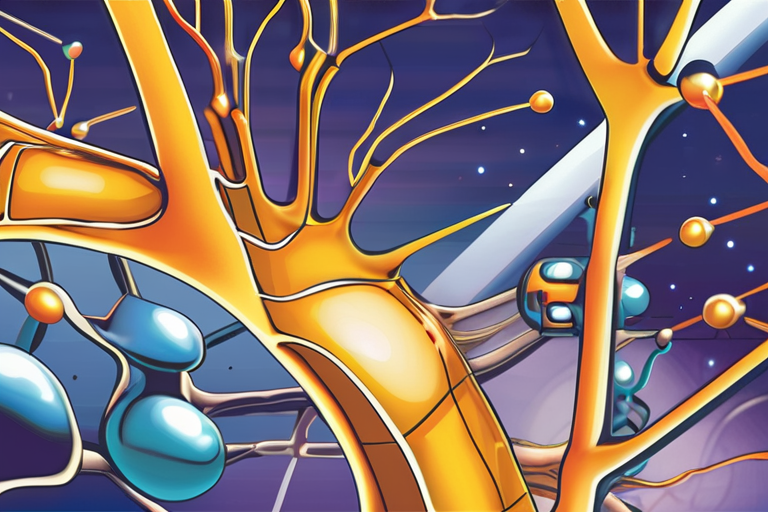
Scientists have developed an artificial neuron that mimics several key functions of biological neurons, paving the way for the creation of energy-efficient computers inspired by the human brain. This innovation could lead to significant advancements
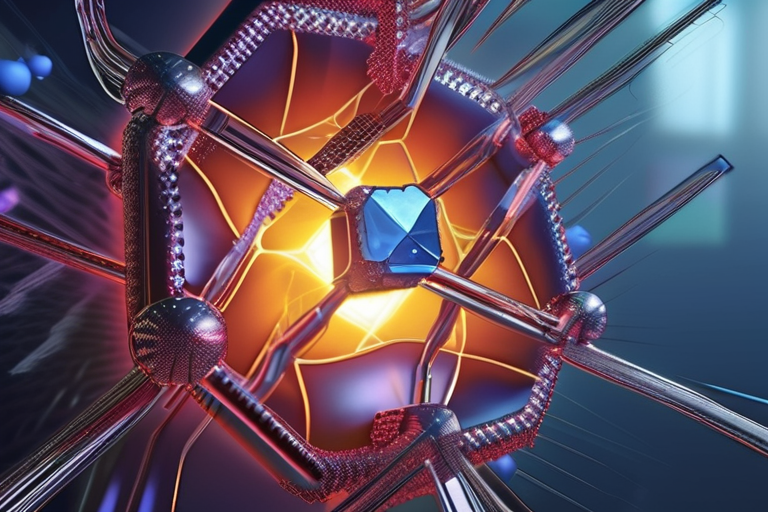
Scientists at Auburn University have created "surface immobilized electrides," a new class of quantum crystals that can manipulate free electrons, potentially revolutionizing computing and chemistry. These tunable and scalable materials could enable
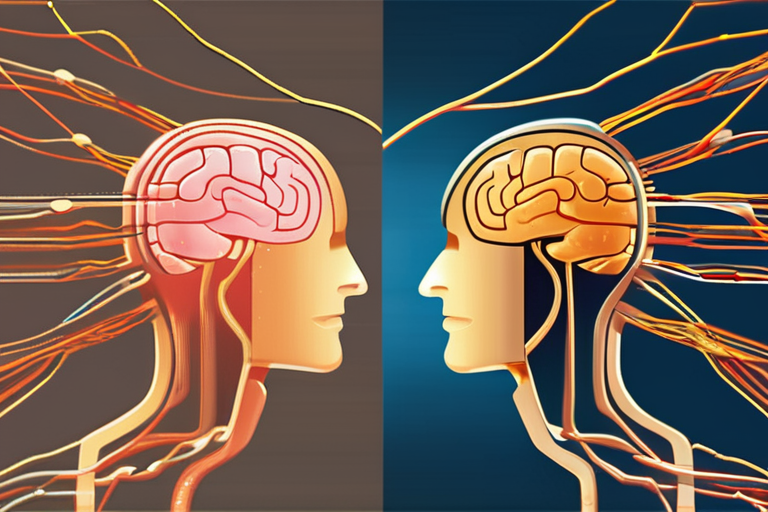
Scientists have created an artificial neuron that mimics the functions of a biological neuron, paving the way for the development of compact, energy-efficient computers inspired by the human brain. This breakthrough could lead to significant advancem
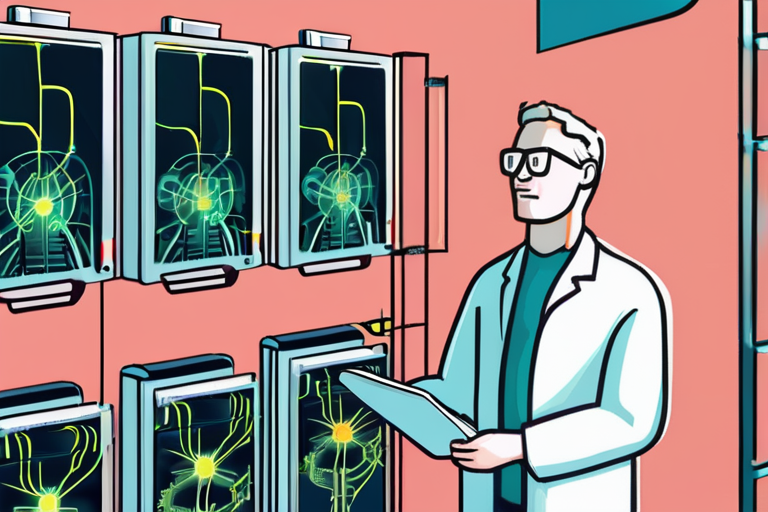
Scientists have developed an artificial neuron that mimics the functions of a biological neuron, paving the way for the creation of compact, energy-efficient computers inspired by the human brain. This breakthrough could lead to significant advanceme
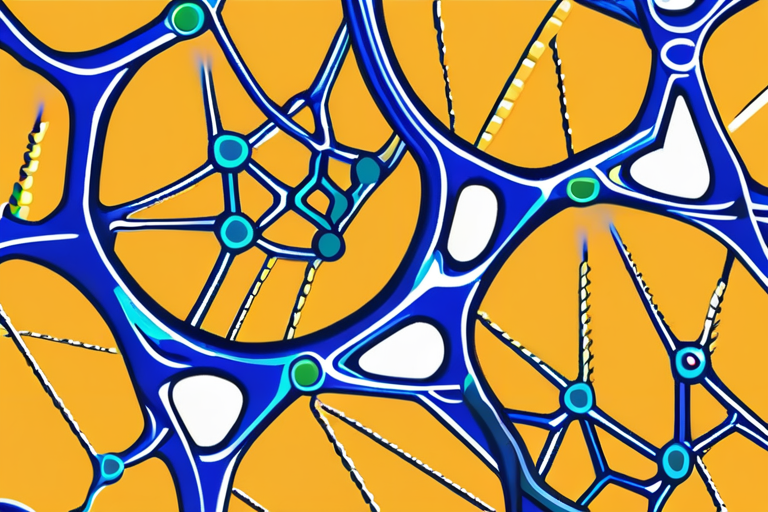
Scientists have successfully replicated key functions of a biological neuron using an electronic imitator, paving the way for the development of compact, energy-efficient computers inspired by the human brain. This breakthrough could lead to signific
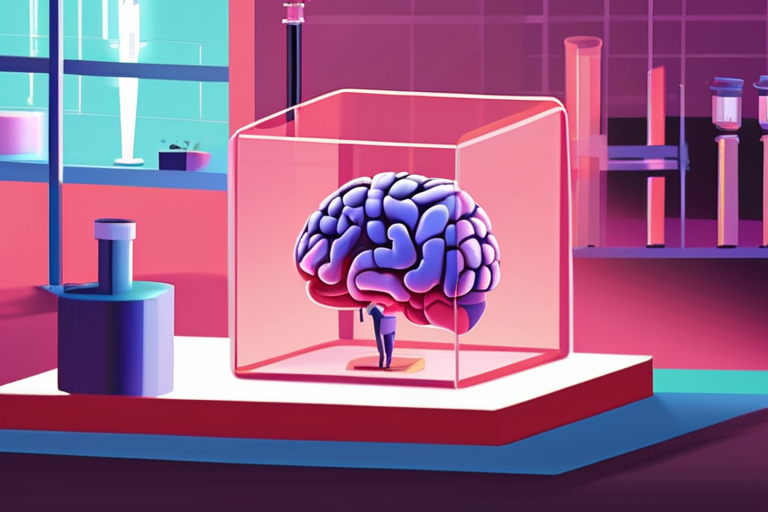
Scientists are successfully cultivating miniature 3D brains, known as cerebral organoids, in lab settings using stem cells. These organoids are being used to advance medical research, reduce animal testing, and potentially develop more efficient AI s

Top researchers Liam Fedus and Ekin Dogus Cubuk have launched Periodic Labs, a startup backed by a $300M seed round, to harness the power of generative AI for scientific discovery. Building on recent advancements in machine learning simulations and r
Share & Engage Share
Share this article